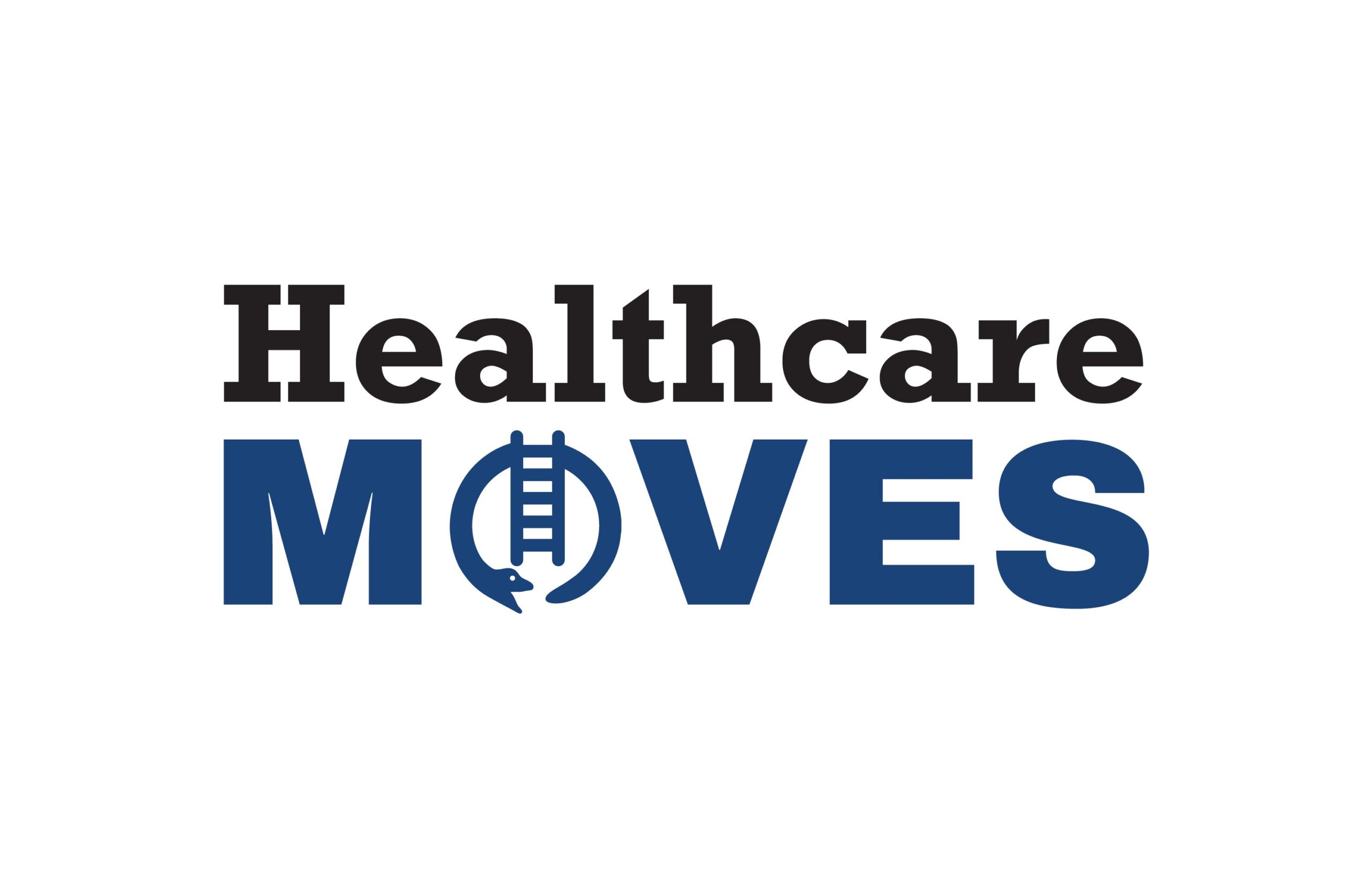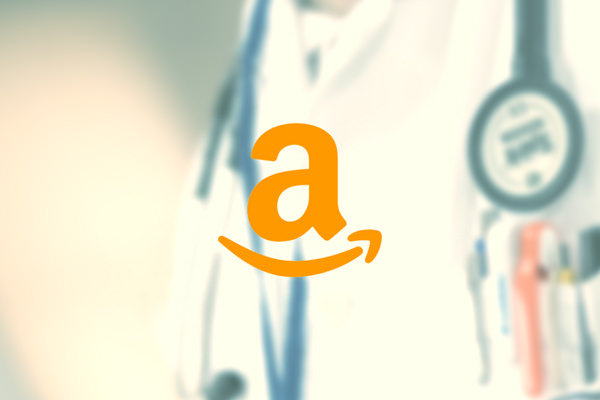
Healthcare Moves: A Monthly Summary of Hires, Exits and Layoffs
March has seen a slew of executive hires, exits and layoffs across the healthcare industry. For example, providers like Providence and Geisinger have appointed new C-suite leaders, and companies like Blue Shield of California and Evernorth have undergone CEO exits. There were also layoffs at organizations including HHS, Blue Cross of Idaho and the University of Pennsylvania Health System.
















